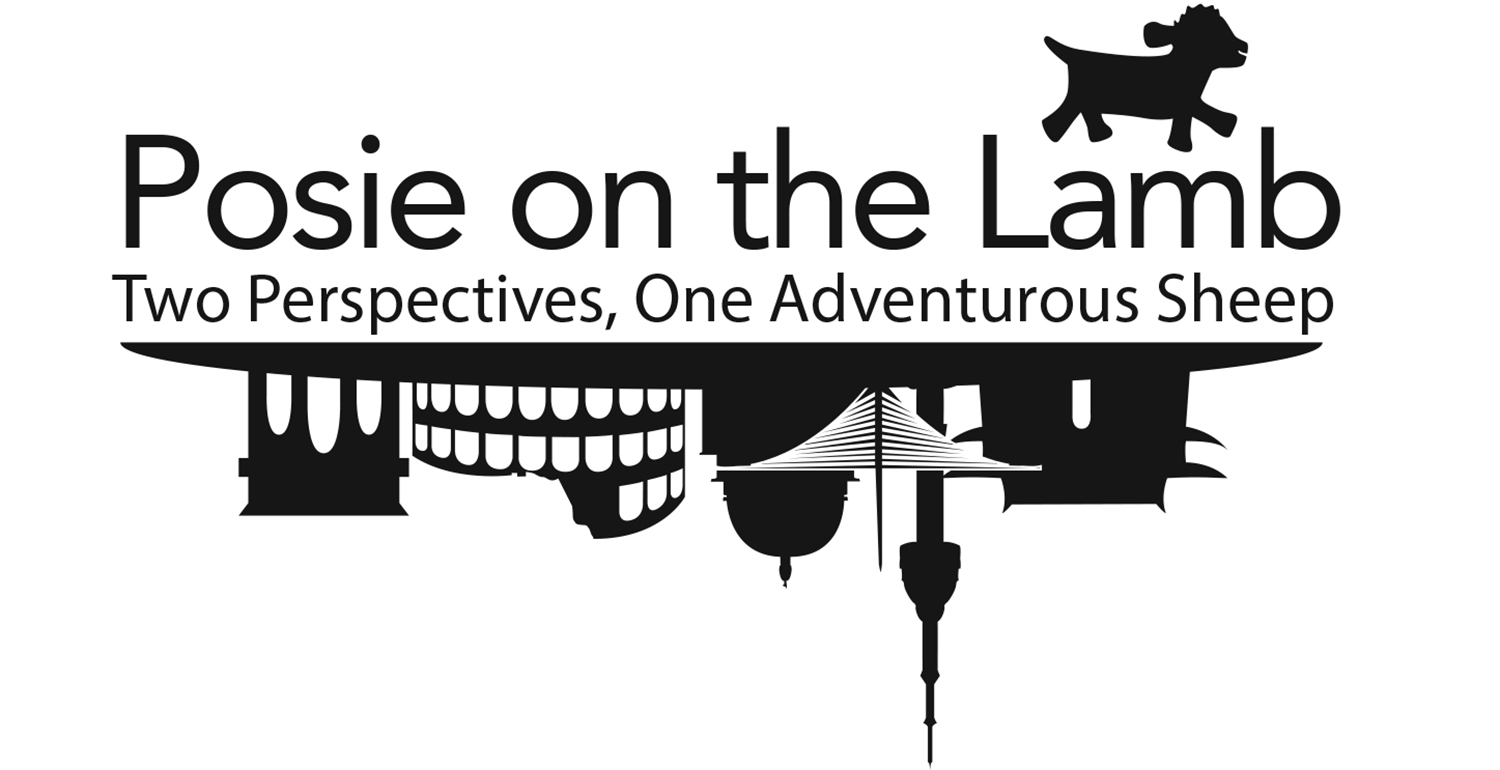Konglish

"The fourth grade class? Don't worry, I have a new power point." "How about you look it over while I go copy the worksheets?" I suggest. My co-teacher has a habit of downloading power point games without checking their contents. Once a picture of a snake came on the screen, causing her to shriek and hide behind a podium.
My instincts are good. When I come back, she looks deeply shocked.
"We cannot use the power point."
I try not to smile. "Oh, that's too bad. Why not?"
"There is glamour."
"Glamour? You mean celebrities?"
"No, Erin Teacher." She lowers her voice, "There's a picture of a woman."
"Ok..."
"She has glamour."
"She's beautiful?"
"No!" My co-teacher does a two-handed gesture, and I realize she means cleavage.
"Wait, glamour?" I ask, skipping over the part where we nearly showed our fourth-graders sexy pics. "Is that Korean?"
"Isn't it English?"
Nope. Konglish had stuck again.
Unlike Spanglish, or other hybrids that imply bad foreign language skills, Konglish is a real thing. It's repurposed English that has snuck into the Korean language. For actual English speakers, it's a through-the-looking-glass phenomenon, where people keep using familiar words in wildly unfamiliar ways. I'm a huge fan of Konglish when it's not driving me crazy.
I'm told I don't have 'glamour,' despite being a 'cola bottle' with an 'apple hip.' I do, however, live in a 'villa'. So that's nice for me.
Those are relatively self-evident ones, though. Most Konglish is surprisingly obscure.
For example my fifth grade boys wear 'jumpers' (and look adorable in them too). I have explained that, to an American, this implies cross dressing. To me, this item of clothing is a parka. Still at least once a week, some boy will come to me with a stricken expression and announce he left his jumper on the trampoline.
And they wonder why I laugh.
"Cunning" is cheating here. My students were thrilled to hear it means "smart" in regular English, and have referred to themselves as cunning ever since. Which is often true. On all levels.
Here's a list of common Konglish words and their translations (cover the right column if you want the excitement of guessing):
A-line: a body type with slim, straight lines (as opposed to S-line)
apple hip: a round butt
cider: any white soda
cola bottle: an hourglass figure
consent: an electrical outlet
dessert: coffee or tea after a meal
eye-shopping: window-shopping
fighting: a word of encouragement, like "You can do it!"
gargle: mouthwash
handle: a steering wheel
handphone: smartphone
hospital: clinic/doctor's office
jumper: a parka
meeting: a blind date
one-piece: a dress
service: free stuff you get from a business, as a thank you for shopping there
sharp: a mechanical pencil
skinship: touchy friends
toast: a grilled cheese and egg sandwich
villa: a small, three or four story apartment building
-Erin
